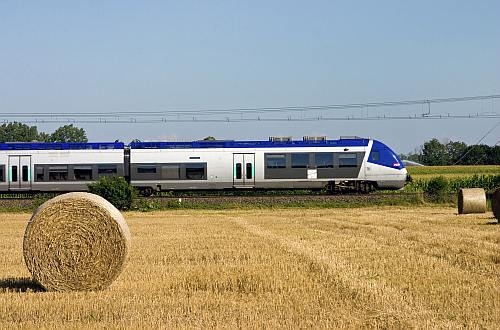This will see the formation of a railway holding company called SNCF with two subsidiaries: a train operator named SNCF Mobility and an infrastructure manager entitled SNCF Network.
French Rail Network (RFF) was set up in 1997 to take on the debt of French National Railways (SNCF) and manage the construction of new lines. But contrary to other European infrastructure managers, SNCF retained responsibility for maintaining the infrastructure and train control. The new structure will eliminate this anomaly.
However, rather than falling, RFF's debt has been increasing at the rate of €2bn a year and has reached €44bn, which the government regards as unsustainable. A "golden rule" was added to the bill to prevent the debt from growing by forcing national and local government to fund the construction of new lines.
The government expects the new structure to produce savings of €1.5bn a year through better productivity. This provoked a strike on June 11 by railway unions fearful of job losses and a curb on their generous employment conditions. SNCF says the strike, which is waning but as yet unresolved, has cost it €153m so far.
The bill includes measures to harmonise working conditions supplemented by a collective agreement designed to assuage workers' fears.
A final vote by parliament is expected on June 24. If adopted, the reform will be put into effect on January 1 2015.

